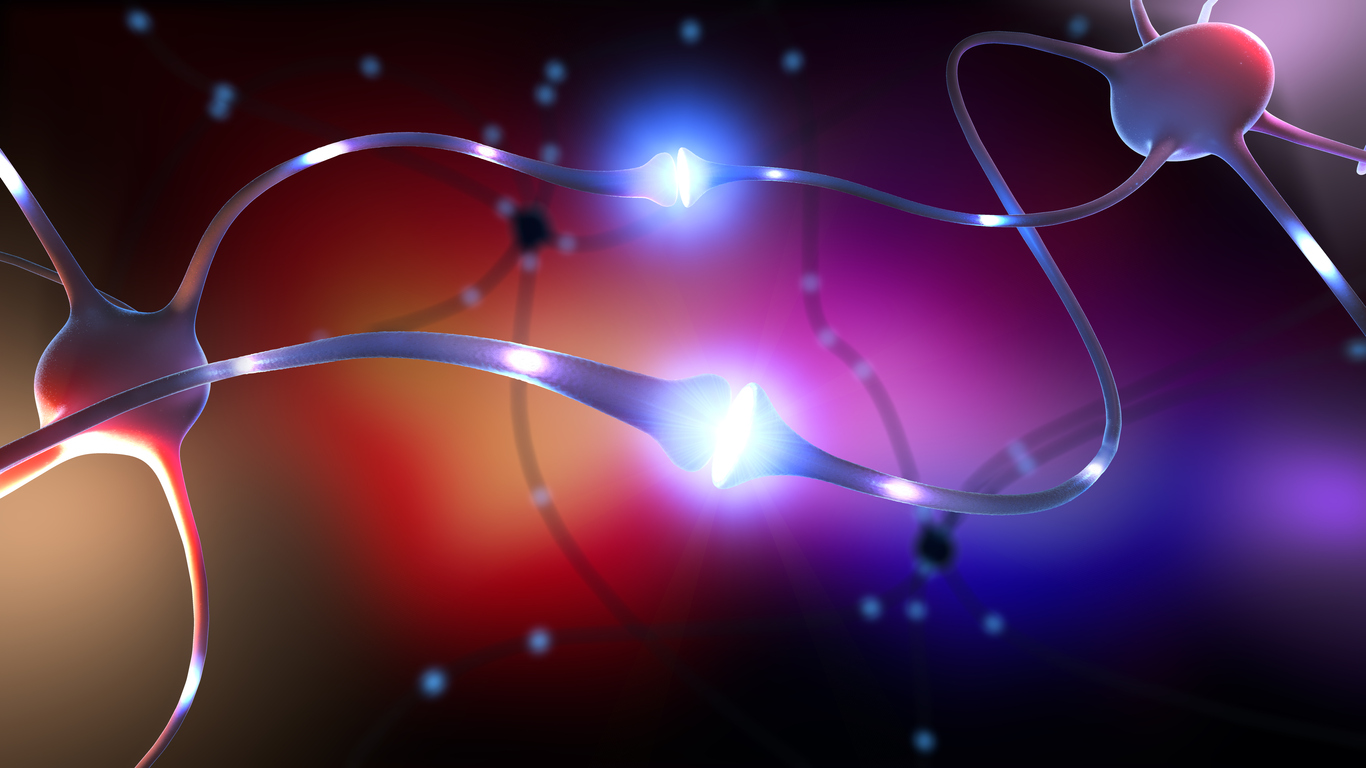Over the past year, many of my friends have mentioned trying intermittent fasting (where you only eat on certain days or during set time frames) for weight loss and overall health benefits. But I had not heard about anyone embarking on a “dopamine fast” until recently.
What exactly is this wellness trend, and is it something you should try?
What is Dopamine?
As explained on WebMD, “Dopamine is a type of neurotransmitter. Your body makes it, and your nervous system uses it to send messages between nerve cells. That’s why it’s sometimes called a chemical messenger.” Dopamine is connected to how we feel pleasure. The site says, “(Dopamine) is a big part of our uniquely human ability to think and plan. It helps us strive, focus, and find things interesting.”

What is a Dopamine Fast?
So why would you want “fast” from activities that help you to feel pleasure?
The trend is said to have originated in the tech world of Silicon Valley. Dr. Cameron Sepah, a clinical professor of psychiatry at the University of California, San Francisco, is credited with the idea. Originally, the concept was that people needed a break from technology. From the “buzz” of receiving a text to the thrill of a “like” on a social media post, people were being overstimulated by their devices and 24-hour digital detox would allow our brains to rest and reset.
But extremists decided that in addition to pressing pause on technology, a dopamine fast should include abstaining from many other pleasurable behaviors, including emotional eating, sexual activity, and even talking to people in person. By removing all of these behaviors simultaneously in a day-long “fast,” a person could reset their brain’s reward system (dopamine) and improve their overall happiness.

What Can You Do on the Fast?
While on a dopamine fast, a person can drink water, go for walks, write in a journal, and meditate. If that sounds pretty boring, that is because it is supposed to be. The goal is to rid yourself of distractions and outside stimuli. The fast allows a person to be bored, spend time alone in their thoughts, and hopefully find clarity in the quiet.
The Name is Misleading
Although it’s a catchy title, it’s important to point out that people who embark on a dopamine fast are not actually fasting from dopamine nor are they changing their dopamine levels.
Sepah said in an article for The New York Times, “Dopamine is just a mechanism that explains how addictions can become reinforced, and makes for a catchy title. The title’s not to be taken literally.”
As Sepah explained to the website Live Science, “The goal is not to reduce dopamine or elicit functional brain changes, (but to encourage people to reduce the) time spent on problematic behavior.”
Does It Work?
According to Peter Grinspoon, MD, in an article for Harvard Health Blog, “People are viewing dopamine as if it was heroin or cocaine, and are fasting in the sense of giving themselves a “tolerance break” so that the pleasures of whatever they are depriving themselves of — food, sex, human contact — will be more intense or vivid when consumed again, believing that depleted dopamine stores will have replenished themselves. Sadly, it doesn’t work that way at all.”
People who have posted about their experiences after completing a dopamine fast have said mixed things. Some say they came out of it feeling more focused and with a sense of calm. Others complained they saw no lasting benefits and that during the fast, they felt anxious, bored, ill, and “hangry” from not eating.
Tips If You Want to Try It
Before embarking on any fast that includes limiting your caloric intake, it is imperative to check with your medical doctor to be sure it is safe for you.
If the idea of a dopamine fast appeals to you, give it a try in small increments. Sepah suggests starting a fast in a minimally disruptive way. Maybe chose to “fast” two hours before bed, avoiding any stimulus for those two hours. After that, try a few hours on a weekend afternoon. If you see benefits, work your way up to a full 24 hours, being sure to drink plenty of water if you are abstaining from eating food.

Most experts agree that while the dopamine fast is a wellness fad and not based on science, its underlying concept of “taking a break” is a good one. Rather than embarking on a full-on fast from all of life’s pleasures, a better approach may be to simply unplug from time to time. Take some time off from work and away from screens (especially after this year of Zoom meetings and happy hours). Spend some quiet time meditating or journaling or just sitting with your eyes closed enjoying the sunshine and listening to the birds chirp outside.
Some time alone with your thoughts can be beneficial mentally, emotionally, and physically. But then be sure to re-engage and spend time with the people you love doing activities you enjoy.
Read Next:
Rules for Intermittent Fasting







